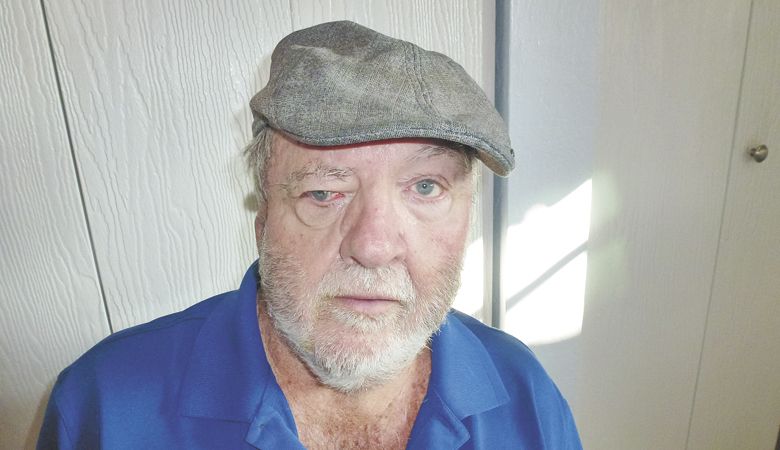Q&A: Don Neel
Founder of Practical Winery & Vineyard Journal
Don Neel was born in California and earned a Bachelor of Science degree in graphic communications from Cal Poly, San Luis Obispo. After finding The Practical Winery, started by a UC Davis graduate in 1979, he took ownership and changed the journal’s name to Practical Winery & Vineyard (PWV) in 1982. Inside the bi-monthly, he published useful how-to experience from grapegrowers and winemakers. In 2013, PWV became part of Wines & Vines. Starting in 2019, PWV has appeared as a section of Wine Business Monthly. PWV continues to publish fact-checked, source-approved content every month. An archive can be found at www.practicalwinerylibrary.com.
How did you first become interested in wine?
DN: My wife and I took a wine and food class from a San Francisco wine shop and began connections to wine industry.
For some 40 years, you’ve been publishing trade articles. How were you involved in wine before starting PWV?
DN: Before starting PWV, I dragged hoses in wineries part time and discovered the need for a practical, in-depth publication for the U.S. wine industry.
Currently, what are the most pressing topics?
DN: Perpetual search for optimal land: In my mind, is similar to what goes on in your own backyard. Today, people are looking for the highest elevation; they believe that will counter climate change versus closer to the valley floor. That’s not a simple answer. The higher elevation is generally, not exclusively, cooler. Generally, it’s an ongoing, forever challenge of where do we [locate] grape varieties in the U.S. and try to mimic long-term experience in Europe, Australia, South Africa. We don’t have a bible to go to, so, it’s learn by doing.
Irrigation: I don’t know about Oregon, but a big part of California is not in very good shape if we have a repeat of drought next year. The new wave of dry farming sounds good, but there is a lot more to dry farming that makes it successful. Certainly, there are vineyards proving it with less irrigation but you do get lower yields. Admittedly, from what I have heard and seen, with the reduced crop, people are generally happy with the quality and, because of the drier year, there is substantially less mildew. But the rule doesn’t apply everywhere. Viticulture is very much site-specific.
Viruses: Vineyard viruses are not going away; and we are not likely going to eliminate them. The vine mealy bug is almost everywhere; it is not only in California; it is in Oregon, too.
What is the one subject you are personally really passionate about?
DN: Currently, it is climate change. Honestly, in the agricultural sector, we are not doing much about it. Part of that is not just agriculture; we can’t produce enough hydroelectricity, which means we have to rely on fossil fuels, and that is a lousy compromise. For some reason, we can’t seem to manufacture enough solar panels fast enough. Many more rooftops could have solar panels on them. The whole thing about solar panels and energy efficiency, President Biden can’t do it by himself, and Congress can’t either. Many more people have to get involved.
We are not going to get enough electric tractors fast enough, so to speak, to make a difference. There is more noise about electric tractors than reality so far. There are two, maybe three manufacturers in the U.S., but they really haven’t delivered except prototypes. But when we have electrified the tractors, will we have really taken that much carbon dioxide out of the vineyard operation?
Also, if climate change persists, can we reduce the amount of water used in the winery? How much can you utilize wastewater? A few wineries have such treatment methods, but perhaps there can be more.
What do you enjoy most about covering the technical side of the wine industry?
DN: I continue to enjoy interacting with grapegrowers and winemakers seeking relevant, in-depth content to share and offer to readers in pursuit of helpful content to achieve high-quality content in pursuit of the best quality for consumers. I have many grapegrowing and winemaking contacts who help peer-review content in pursuit of the best content to serve readers. PWV content is relevant when published and does not go out-of-date. We have a large archive for readers to access.











